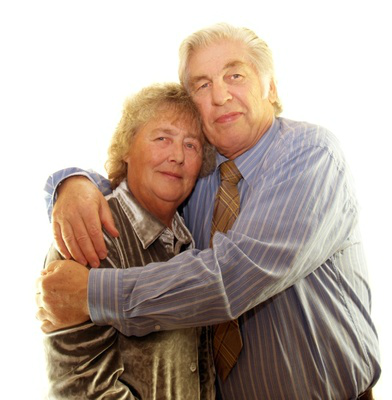Eulogies
A loved one has died and you have been asked to give a eulogy.
How to Write a Eulogy
There are few greater honors than to deliver heartfelt stories from your loved one’s best days. Writing one is not easy. At best, you have only a few day’s notice and you might not be in the best state of mind to write lucidly.
I have written and delivered many over the years for clients as well as for my own loved ones.
I also know it is a difficult kind of thing to hire someone else to help write. In that regard, consider my ideas below as you prepare your words.
In the meanwhile, take a look at a eulogy I wrote for Muhammad Ali (only an example, not delivered).
- A eulogy is much like a best man speech in that it honors the loved one. It is a kind of a love story.
- Don’t wing it. Have it all written out.
- Try to go at least five minutes, but not more than 10. This will be somewhere between 750-1,500 words.
- Tell stories highlighting different parts of their life with you. You can tell several stories, or one long story.
- Remember the audience loved him too, and try to include others in your story.
- You might say with a smile, “John Smith and I used to go to O’Leary’s Pub over on Farm Road every Friday night after work with George. George’s college roommate would sometimes join us, or Mickey, his brother. One time, George ordered a pastrami on rye but was away from the table when his order came. Mickey — usually a very loving brother, decided to pull a fast one, and poured hot sauce inside George’s sandwich. Lots of it. Poor George. He thought black pepper was spicy. He bit into it and his eyes widened as big as baseballs.
- It is OK to cry. It is also OK to laugh. Pause, catch your breath, and realize everyone understands. While writing, you might recognize one section will be more difficult to deliver than another. Save the hardest part for the end.
- Practicing your eulogy often will help you deliver it, as well as having a printed copy with page numbers.
- Be specific as you describe your loved one. Help people remember him, and help people get to know him.
- Don’t say, “He loved the outdoors.” Say instead, “He loved fishing for bass on Kickapoo Lake in his rickety old rowboat. He’d fish long after he ran out of bait, enjoying the calm rocking of the boat, the warm breeze, and the smell of the lake. The fish were just his excuse for getting out there.”
- Don’t say, “He was loving.” Say instead, “Even when George was in his last days, he still thanked every nurse and doctor for all they did. When I visited him in the hospital, he would ask about my family and how I was doing. Then he would listen.”
- Don’t say, “He was generous.” Say instead, “Part of George’s life was lived in secret. That was the generous side of him. I know this because one day at work, I saw him buy lunch for a homeless man, then sit and share the meal with him. I saw him quietly give the Bulls tickets he won in the accounting department raffle to the cashier in the cafeteria. And I know he was generous because when I was out of job and money was tight, he gave me money to cover my mortgage and said firmly, ‘This is not a loan. You are my friend.’ I owe you, buddy.”
- If you have known the person a long time, try to remember stories from the earliest days. You have a unique perspective. Telling your stories from 50 years ago will help those who have known him only a few years understand him so much better.
- There are no rules for eulogies other than keeping it family-friendly. Do not tell stories you would not tell his youngest child or grandchild.
- As you deliver, approach the podium and pause to collect yourself and to look around the room. Try to look at each person, especially on his immediate family, and the people you and your loved one spent time with. This will be hard but worth it. You are letting them know you are standing with them.
- It will be OK. You will do fine.

Get In Touch
AmerIcan Speechwriter
Atlanta, Georgia
+1 630 890 9351